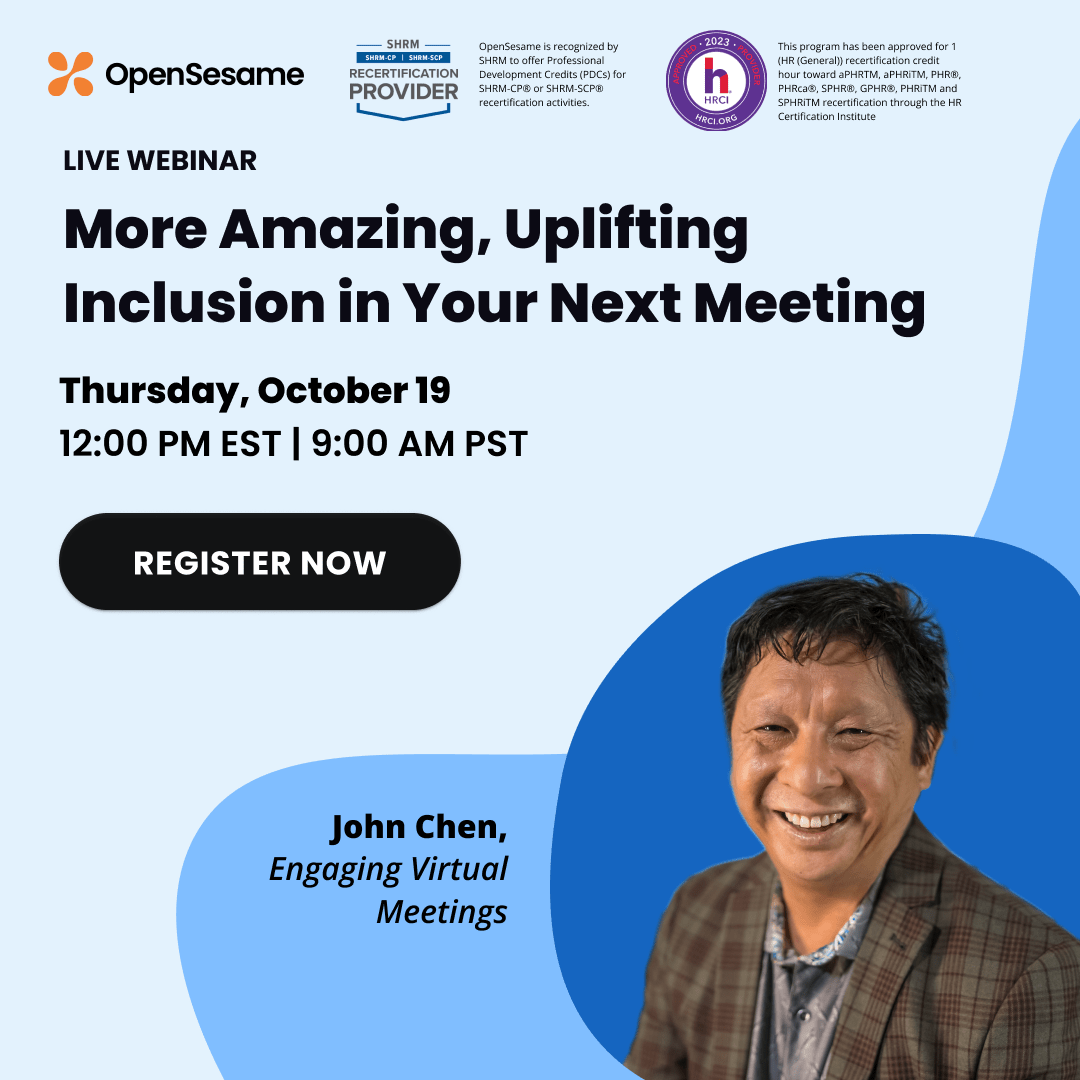Personal Bias is Destroying Your Workplace Culture
Do you know what your personal biases are? A personal bias is a judgment or opinion that we form about something or someone, usually without having all the information.
Often, we’re not even aware of these biases. They could be based on our upbringing, our culture, or even just our personal preferences. Whatever the case may be, if we’re not careful, our personal biases can easily creep into our professional lives. By being aware of them, we can make sure they don’t affect our opinions and decisions in the workplace.
Why are personal biases so dangerous?
One way that personal biases can destroy work culture is by causing us to treat coworkers differently. For example, if we have a bias against someone because of their race or religion, we might not be as friendly or welcoming to them as we would be to someone we don’t have a bias against. Biases can make us less likely to listen to certain individuals or take their ideas seriously. We might also be more likely to disregard them. A bias against women, for example, could mean we don’t promote them as often, or give them the same opportunities, as men. This can lower morale, create a hostile work environment and even lead to discrimination and harassment.
Examples of biases in the workplace
There are many different types of personal biases that can affect the workplace. Some common ones are:
- Racial bias is based on a person’s race or ethnicity. The effects of racial bias can be devastating on a person’s morale. This leads to lower productivity, which then impacts business overall, since employees with low spirits will make less effort when working for their employer. These employees are likely to even consider looking elsewhere if things don’t improve!
Religious bias is based on a person’s religious beliefs or lack thereof. There are many negative impacts that religious discrimination can have on an employee’s job, their life outside of work and even the way they feel about themselves. It also has major financial consequences for them such as reducing income or decreasing their likelihood altogether when applying for various positions.
- Gender bias is based on a person’s gender identity or expression. If a person falls victim to gender bias in the workplace, it’s possible that they could develop higher anxiety levels. f their job requires them to perform tasks where there are high expectations of perfection with little room for mistakes, this will only exacerbate the problem.
- Sexual orientation bias is based on a person’s sexual orientation and can affect your attitude towards people who are homosexual, bisexual, or otherwise identify as queer. While improvements are being made in terms of sexual orientation equality, it is still a bias that needs to be addressed.
- Age bias is based on a person’s age. It’s important for businesses to promote equality and anti-ageism in the workplace. Research has shown that when employees feel they are being treated unfairly because of their age, this resentment can lead them away from working hard or even wanting employment at all.
- Disability bias is based on a person’s disability. The consequences of disability bias can be severe. It limits a person’s ability to participate in everyday activities, or even avoid situations where they may feel uncomfortable; these qualities make it more likely that an individual will experience negative outcomes such as social isolation and unemployment.
How to avoid personal biases in the workplace
There are a few things we can do to avoid personal biases in the workplace:
- Be aware of our personal biases. Acknowledge them, and attempt to understand the root of that bias. If you don’t know what yours are, look into training to help you identify them.
- Make an effort to be open-minded and understanding toward those who are different from you. This will ensure that your personal biases don’t affect your decisions or opinions
- Make an effort to be friendly and welcoming to everyone, regardless of their race, religion, gender, age, etc.
Promote diversity and equality in the workplace through the power of inclusion.No matter the size of your organization, it’s likely that forms of bias exist. While large-scale changes won’t happen overnight, each individual within your organization has the power to create small changes today! This is exactly what I teach corporations to do via keynote speeches, department training, and management coaching sessions. Reach out to learn how we can save your workplace culture today!
About the Author:
Award-winning television personality, Liza Wisner, is a talent development expert and the curator of change agent training, including Diversity, Equity, and Inclusion thought leadership at OpenSesame. Professionally trained in computer science and educational technology, Liza has built an incredible career and has turned her love of automation into a fulfilling life, strategizing, and managing learning, diversity, inclusion, and automation initiatives. Liza is also the founder of social organizations including the non-profit, ‘PowerUp.org’ on a mission to end “Technology Poverty” by bridging the digital divide.
The post Personal Bias is Destroying Your Workplace Culture appeared first on OpenSesame.





